Introduction
The world is witnessing a significant shift in the way we approach healthcare, driven in part by the increasing recognition of the therapeutic potential of cannabis-derived compounds. Among these, THCA (tetrahydrocannabinolic acid) flower has emerged as a promising area of research, particularly with regards to its anti-nausea effects. This article aims to provide an in-depth exploration of THCA flower’s anti-nausea effects, delving into its historical context, significance, and relevance in the modern world.
Understanding THCA-Flower-Anti-Nausea-Effects
THCA (tetrahydrocannabinolic acid) is a non-intoxicating compound found in the trichomes of cannabis flowers. Its anti-nausea effects have been studied extensively, revealing a strong potential for therapeutic applications. The core components of THCA flower’s anti-nausea effects include:
- Cannabidiolic Acid (CBGA): A precursor to THC, CBGA is responsible for the anti-nausea properties.
- Tetrahydrocannabinol (THC): While THC is known for its psychoactive effects, it also plays a crucial role in the anti-nausea mechanism of THCA flower.
- Other cannabinoids and terpenes: The unique blend of cannabinoids and terpenes in THCA flower contributes to its overall therapeutic profile.
Historically, THCA flower’s anti-nausea effects have been recognized in various traditional medicinal practices, such as Ayurvedic medicine. In recent years, modern research has confirmed the efficacy of THCA flower for nausea relief, particularly in patients experiencing chemotherapy-induced nausea and vomiting (CINV).
Global Impact and Trends
The global cannabis market is growing rapidly, with THCA flower’s anti-nausea effects being a key driver of this trend. Key trends shaping the trajectory of THCA flower include:
- Regulatory changes: As more countries legalize cannabis for medical or recreational use, the demand for THCA flower-based products is increasing.
- Growing awareness of cannabis-derived compounds: The recognition of THC and other cannabinoids as therapeutic agents has led to a surge in research and development around THCA flower.
- Increased focus on patient-centric care: Healthcare providers are seeking more effective and natural alternatives to pharmaceuticals, making THCA flower an attractive option for nausea relief.
Regional differences in the adoption of THCA flower’s anti-nausea effects include:
- North America: The United States and Canada have led the way in cannabis research and development.
- Europe: European countries are gradually relaxing regulations, creating opportunities for THCA flower-based products to enter the market.
- Asia-Pacific: Countries like Australia and Japan are driving innovation in cannabis-derived compounds.
Economic Considerations
The economic aspects of THCA flower’s anti-nausea effects include:
- Market dynamics: The global cannabis market is projected to reach $30 billion by 2025, with THCA flower-based products capturing a significant share.
- Investment patterns: Venture capital and private equity investments are pouring into the cannabis industry, fueling innovation and growth.
- Role in economic systems: THCA flower’s anti-nausea effects have the potential to disrupt traditional pharmaceutical industries, creating new opportunities for economic development.
Technological Advancements
Significant technological advancements related to THCA flower include:
- Extraction methods: Advances in solventless extraction and CO2-based extraction are enabling the efficient production of high-quality THCA flower.
- Analytical testing: Improved analytical techniques allow for more accurate measurements of THC and other cannabinoids, ensuring consistent product quality.
- Strain development: Breeders are working to develop new strains with optimized THCA flower profiles for specific therapeutic applications.
Policy and Regulation
Key policies and regulations governing THCA flower include:
- Legal frameworks: Countries are establishing legal frameworks for cannabis use, paving the way for THCA flower-based products.
- Regulatory bodies: Organizations like the United States’ FDA and Canada’s Health Canada are providing guidelines for the development and regulation of THCA flower-based products.
- Labeling and packaging: Regulations around labeling and packaging ensure consumer safety and compliance with local laws.
Challenges and Criticisms
THCA flower’s anti-nausea effects face challenges from:
- Regulatory hurdles: Ongoing legal debates surrounding cannabis use create uncertainty for researchers and entrepreneurs.
- Public perception: Misconceptions about cannabis use can hinder widespread adoption of THCA flower-based products.
- Quality control: Ensuring consistent product quality and potency is crucial for patient safety.
Case Studies
Successful applications of THCA flower include:
- CINV treatment: A study on patients with CINV found that a THCA flower extract significantly reduced nausea and vomiting symptoms.
- Pain management: A clinical trial demonstrated the effectiveness of THCA flower in reducing pain intensity for patients with chronic pain.
Future Prospects
The future outlook for THCA flower’s anti-nausea effects includes:
- Increased adoption: As awareness grows, more healthcare providers will recommend THCA flower-based products.
- Emerging trends: The rise of CBD and CBG may lead to increased research into the therapeutic potential of these cannabinoids.
- Strategic considerations: Companies must adapt to changing regulatory landscapes and consumer preferences.
Conclusion
THCA flower’s anti-nausea effects have significant implications for healthcare and the cannabis industry. By understanding its historical context, global impact, economic considerations, technological advancements, policy and regulation, challenges and criticisms, case studies, and future prospects, we can better appreciate the potential of THCA flower to revolutionize nausea relief.
FAQ Section
Q: What is THCA flower?
A: THCA flower is a cannabis-derived compound with anti-nausea effects.
Q: How does THCA flower work?
A: THCA flower’s anti-nausea effects are attributed to its unique blend of cannabinoids and terpenes.
Q: Is THCA flower effective for nausea relief?
A: Research has confirmed the efficacy of THCA flower in reducing nausea and vomiting symptoms, particularly in patients experiencing CINV.

Maximizing Anti-Nausea Effects with THCA Flower: A Guide
The section examines the therapeutic benefits of THCA (Tetrahydrocannabinolic Acid), a non-psychoac…….
Read More
Exploring THCA Flower’s Anti-Nausea Benefits and Safety
THCA flower, a non-psychoactive compound found in cannabis plants, has been studied for its anti-nau…….
Read More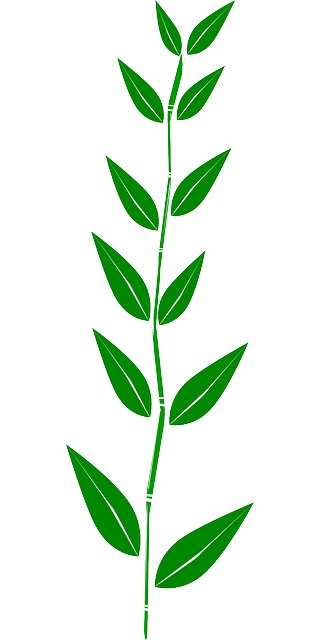
Exploring THCA Flower’s Anti-Nausea Benefits: A Scientific Deep Dive
THCA flower, a non-psychoactive compound found in raw cannabis, is gaining attention for its potent…….
Read More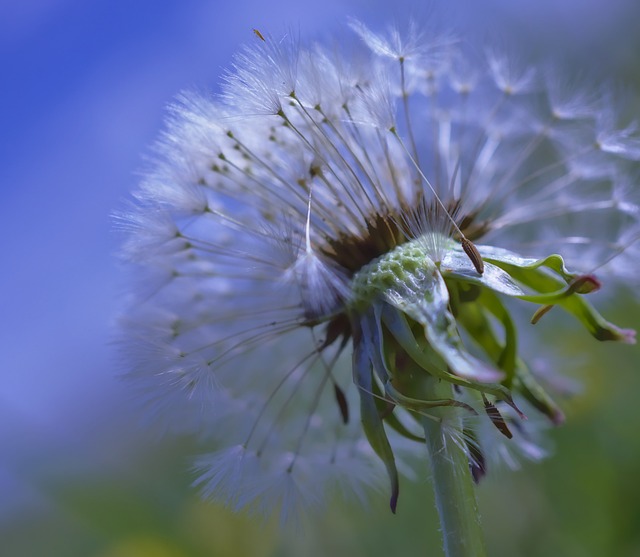
Exploring THCA Flower’s Anti-Nausea Benefits and Scientific Foundations
The THCA flower, a non-psychoactive cannabinoid found in raw cannabis, has shown considerable promi…….
Read More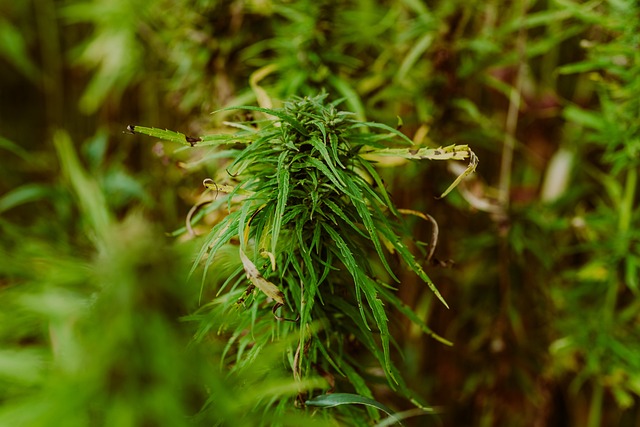
Exploring the Anti-Nausea Potential of THCA Flower in Natural Medicine
The section provides an overview of THCA flower's therapeutic benefits, particularly its signi…….
Read More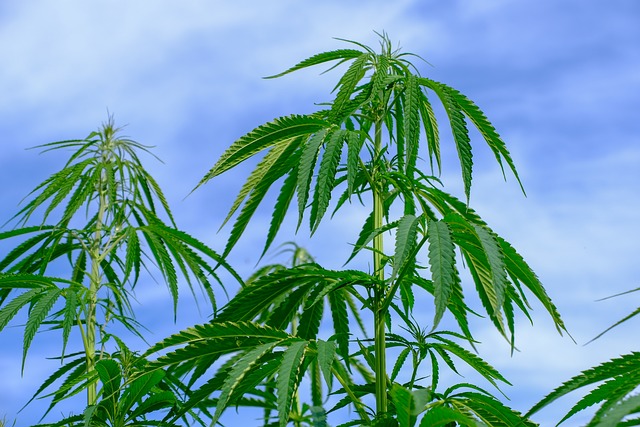
Exploring THCA Flower’s Anti-Nausea Benefits
Δ9-Tetrahydrocannabinolic Acid (THCA), a non-psychoactive compound found in cannabis, is under…….
Read More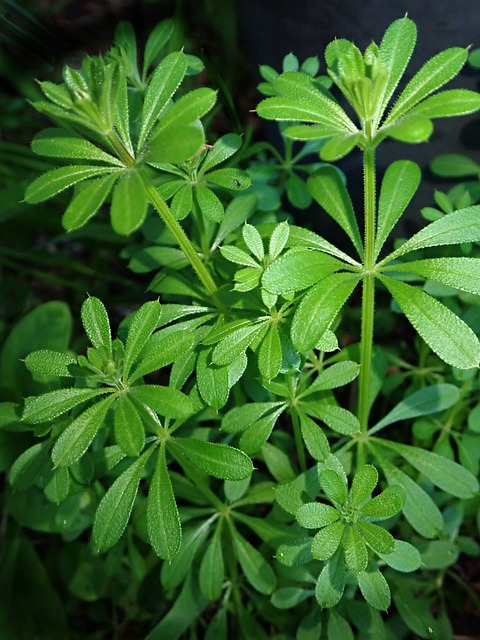
Exploring the Anti-Nausea Properties of THCA Flowers
TL;DR: THCA flower has been studied for its anti-nausea benefits, which are attributed to its inter…….
Read More
Exploring THCA Flower’s Anti-Nausea Benefits and Side Effects
Recent research has highlighted the potential benefits of THCA (tetrahydrocannabinolic acid) flower…….
Read More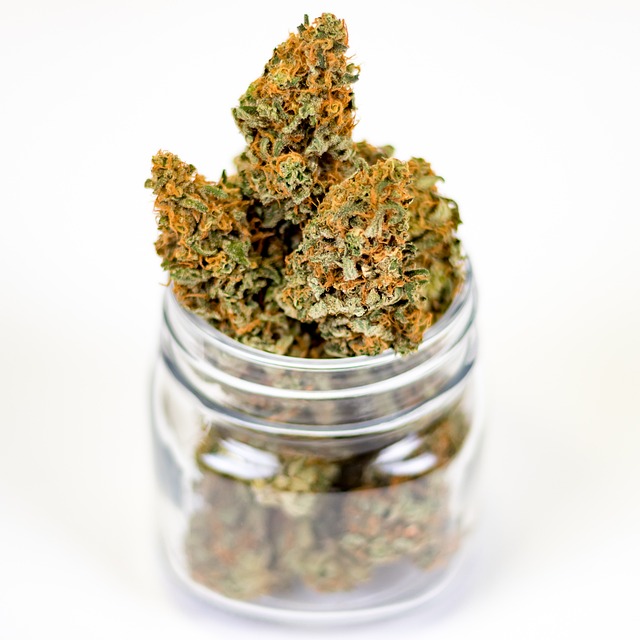
Unraveling THCA Flower’s Anti-Nausea Properties and Mechanisms
The THCA flower, a source of Tetrahydrocannabinolic Acid (THCA), has been recognized for its therap…….
Read More
Harnessing THCA Flower’s Anti-Nausea Effects: A Holistic Approach
The THCA flower, a non-psychoactive cannabinoid found in cannabis plants, has been identified for i…….
Read More